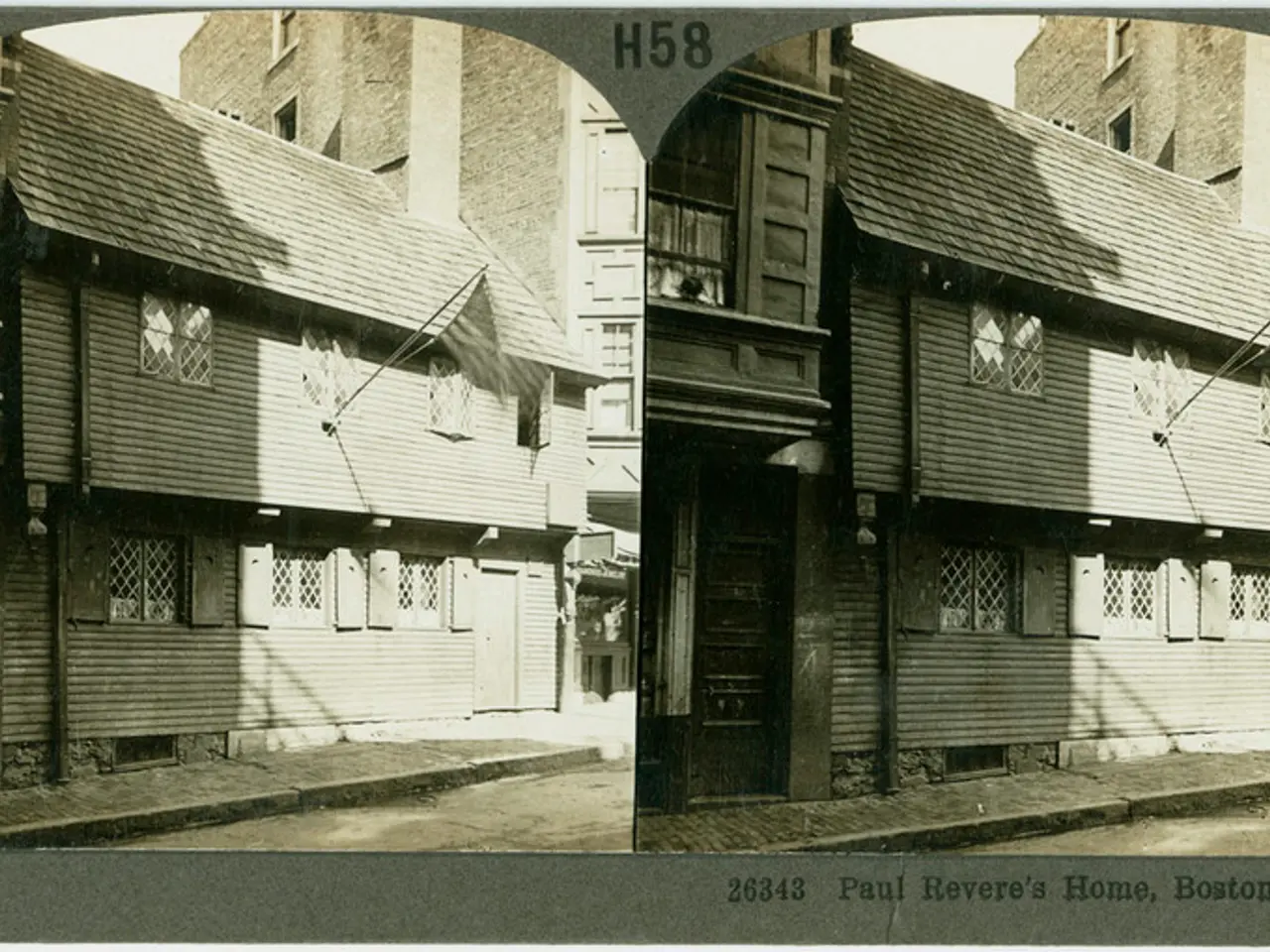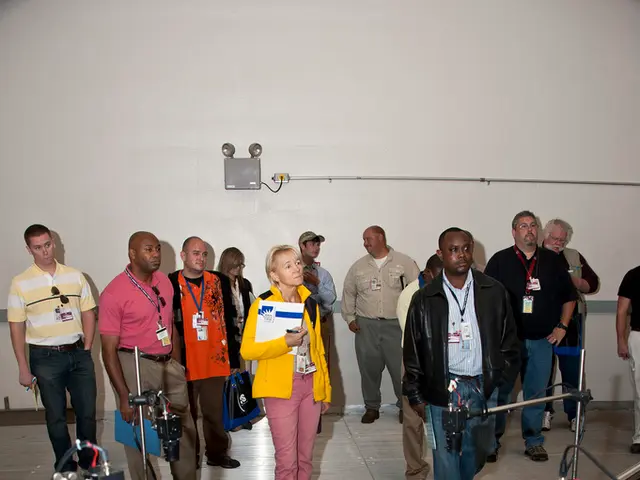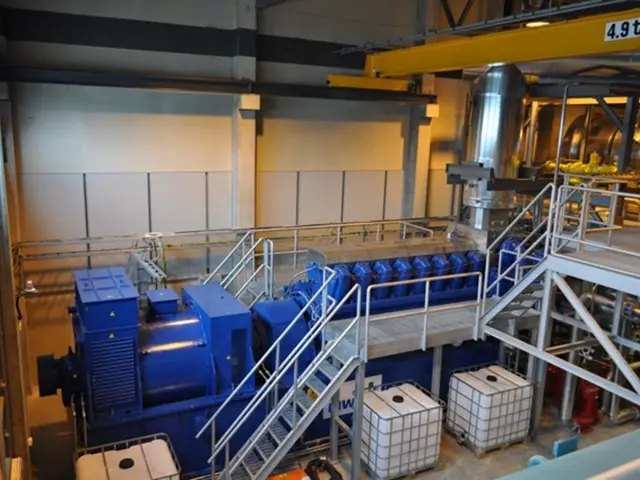Construction Crisis Threatens Germany and Austria's Housing Goals
The construction industry in Germany and Austria is grappling with its most severe crisis in years. Rising insolvencies, soaring costs, and bureaucratic hurdles threaten to derail ambitious housing targets. Both countries face a potential shortfall in new apartments and a surge in homelessness.
In Germany, the goal of building 400,000 new apartments is under threat. Only 205,000 units are expected by 2025. Over 20,000 corporate insolvencies are predicted in the construction industry by then. The housing shortage could leave Germany short of 750,000 apartments by 2025, exacerbating homelessness.
Construction costs have risen by 23 percent since 2020, and interest rates have tripled, making projects unprofitable. Bureaucracy is also slowing progress in both Germany and Austria. In Austria, the number of building permits has halved since 2017, indicating a slowdown in construction activity. The country is on track for a third consecutive record year of insolvencies in the construction industry.
The current federal government in Germany, the CDU/CSU and SPD coalition, is proposing a special fund of 100 billion euros to strengthen municipal financing for infrastructure and climate neutrality investments. They aim to reduce bureaucratic hurdles to ease local project implementation. In Austria, the ÖVP in coalition with other parties has suggested measures to enhance rental contract stability and improve the overall economic situation. However, specific solutions for the construction sector crisis remain unclear.
Read also:
- "Ecological transformation calls for robust and strategic action from the State, yet it appears to be hesitant and absent in its role"
- Renowned Brand Poised to Revolutionize U.S. Truck and SUV Sector Yet Again
- Query Analysis
- Alliance between Renault Group, Nissan, and Mitsubishi progresses, advancing joint ventures at Ampere Douai Plant








